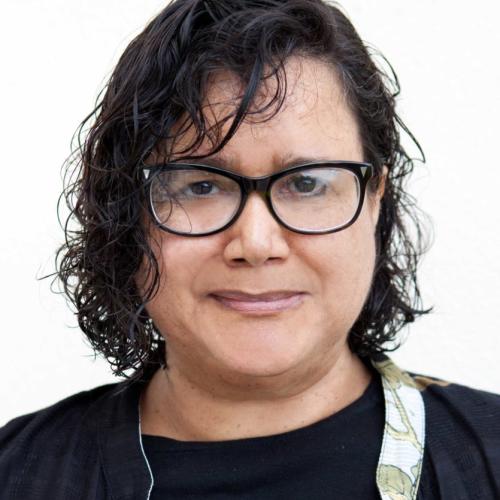Plague and the Persecution of Minorities: How the New Sciences of Plague Are Changing Our Understanding of Responses to the Black Death
28th Annual Joseph and Rebecca Meyerhoff Lecture in Judaic Studies
In person only
College Hall 209
University of Pennsylvania
Even before COVID-19, major rethinking was already underway about the causes, timing, and geographic spread of what is still considered the world’s worst pandemic, the Black Death of the late medieval period. Since the turn of the twenty-first century, a revolution has been in motion in the biological sciences, allowing a new kind of knowledge about the history of once-living organisms, including pathogenic microbes. We can now pursue questions about past pandemics in ways that were not imaginable even a few years ago. How might we reevaluate the narratives we tell, once we consider where and when specific bacteria were present?
Newly examined historical sources suggest the presence of plague several decades earlier than previously assumed. Drawing on these new findings in molecular biology, bioarchaeology, and climate history, this talk alters the perception of episodes of persecution of minority groups both before and during the late medieval plague pandemic.
Established in 1996, the annual Joseph and Rebecca Meyerhoff Lecture honors the memory of Joseph and Rebecca Meyerhoff, parents of Eleanor Meyerhoff Katz, wife of Herbert D. Katz, and philanthropists who supported numerous and enduring civic and Jewish causes. The series brings to Penn preeminent scholars for a campus talk meant to enrich the experience of Katz Center fellows and opens the fellowship theme to the broader university community.
Featuring

Monica H. Green
Monica H. Green is a historian of medicine specializing in the history of the premodern period and the comparative history of global health. Trained in the history of science at Princeton University, she has taught and held fellowships at leading institutions such as Duke University, the Institute for Advanced Study (Princeton), and All Souls College (Oxford). Both her research and her teaching have been honored by top prizes, and she was recently recognized with a prize named in her honor by the Medieval Academy of America. Green’s forthcoming book, The Black Death: A Global History, melds new insights from genetics and archaeology with a reinterrogation of the documentary record of the world’s most devastating pandemic. Her new open-access teaching module on the Black Death—part of the History for the 21st Century project—is available to educators.
Cosponsors
Cosponsored by the Department of History and the Jewish Studies Program